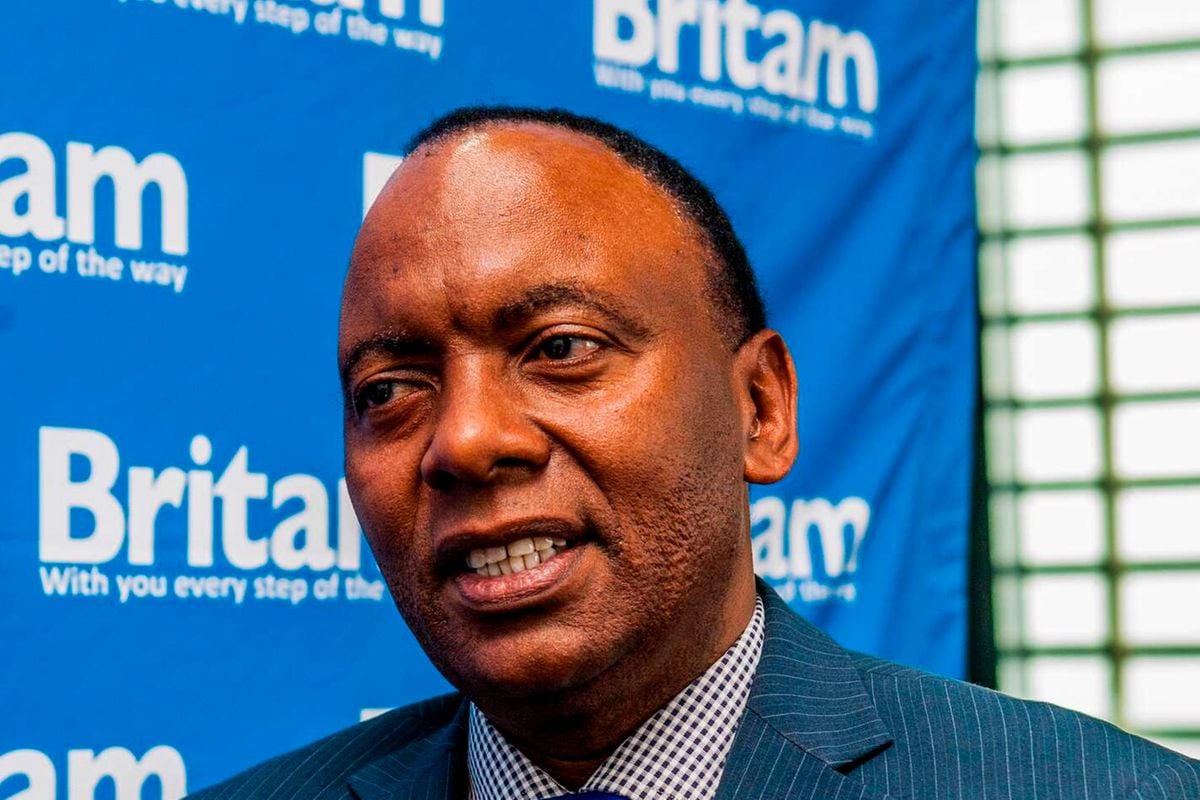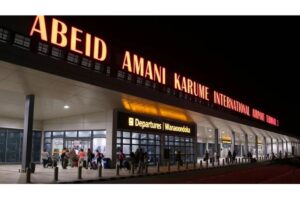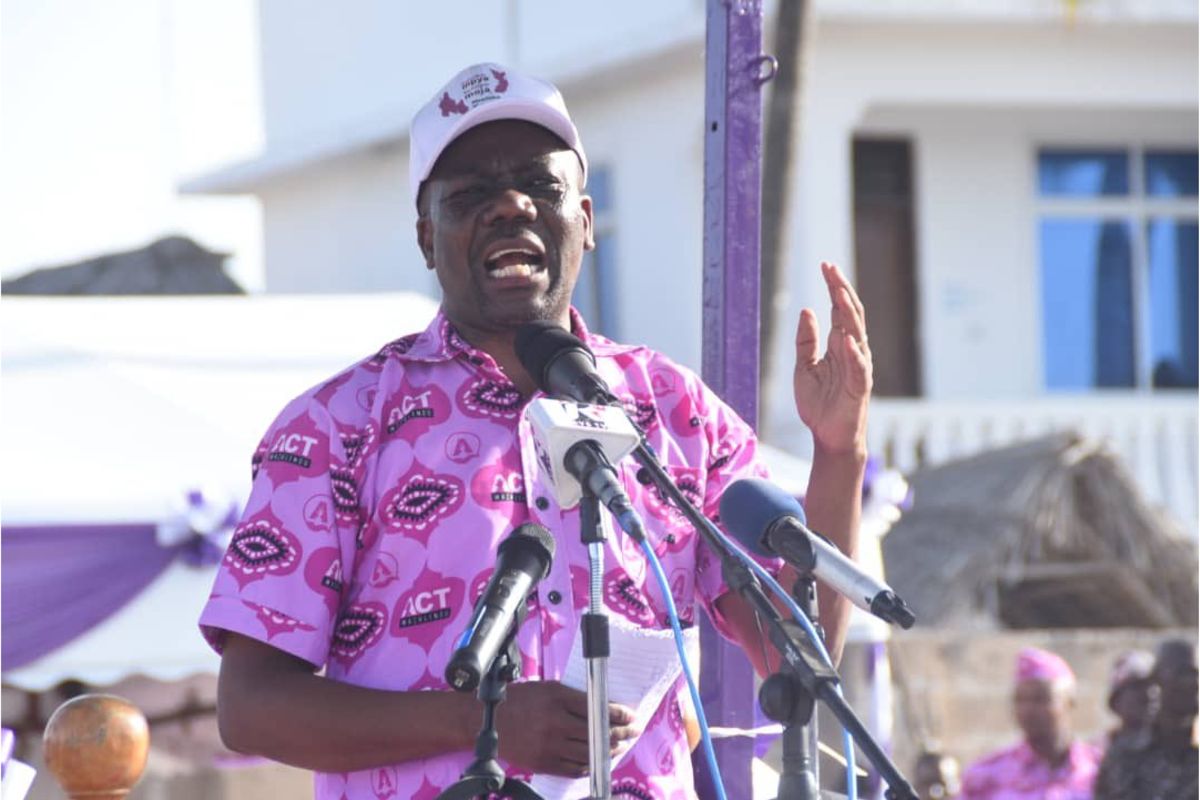Dar es Salaam. Posco, a South Korean steel giant, has signed a binding agreement to invest $40 million in Black Rock Mining Limited, significantly increasing its stake in the Tanzanian graphite developer.
The investment, set to be executed in two tranches, will enhance Posco’s involvement in Black Rock.
The first tranche involves a $9 million investment for 155.3 million shares at a price of 5.8 cents per share—a 10 percent premium over the 10-day volume-weighted average price.
This will raise Posco’s shareholding in Black Rock from 10.1 percent to 19.99 percent. The second tranche will complete the $40 million investment at the same price as other investors in the final equity raising to support the development of Module 1, with Posco’s stake rising to 19.99 percent.
According to a statement that The Citizen has seen, the funds from Posco’s investment will be allocated to the development of Mahenge Module 1, a significant component of Black Rock’s Mahenge Graphite Project.
In return, Faru Graphite Corporation Limited (Faru), an 84 percent subsidiary of Black Rock and the owner of the Mahenge Graphite Project, will grant Posco long-term offtake rights for the fines graphite produced from Mahenge Module 2 once it is developed.
The investment remains subject to regulatory approvals, including those from the Fair Competition Commission of Tanzania, the Foreign Investment Review Board (FIRB), and shareholder approvals. Additionally, confirmation that all necessary funding for Mahenge Module 1 is in place is required.
Black Rock CEO John de Vries expressed enthusiasm about deepening the strategic partnership with Posco, viewing the investment and offtake agreement as a strong endorsement of the Mahenge Graphite Project’s future.
“Posco’s commitment is a major milestone for the company, de-risking our funding strategy and boosting confidence among our stakeholders,” de Vries stated.
POSCO Holdings Inc, with a market capitalization exceeding $22 billion, is a major South Korean steel conglomerate with a rapidly expanding battery materials division. Its battery business, Posco Future M Co., Ltd, is a leading global producer of anodes and cathodes.
Posco International Corporation, a key trading arm of Posco Holdings, will manage the raw material procurement for the group.
Black Rock Mining, listed on the Australian Securities Exchange, holds an 84 percent interest in the Mahenge Graphite Project, located in Tanzania.
The company has already achieved significant milestones, including environmental approvals, mining licenses, and a resettlement action plan.
The project has seen considerable support from Posco including a previous $7.5 million equity investment and a $10 million prepayment facility.
In September 2024, Posco approved the $40 million equity investment and secured the offtake rights for Mahenge Module 2. The collaboration builds on a strategic alliance formed in June 2020.
















